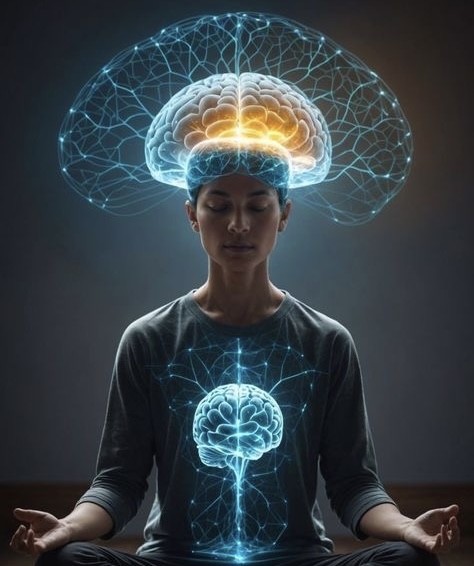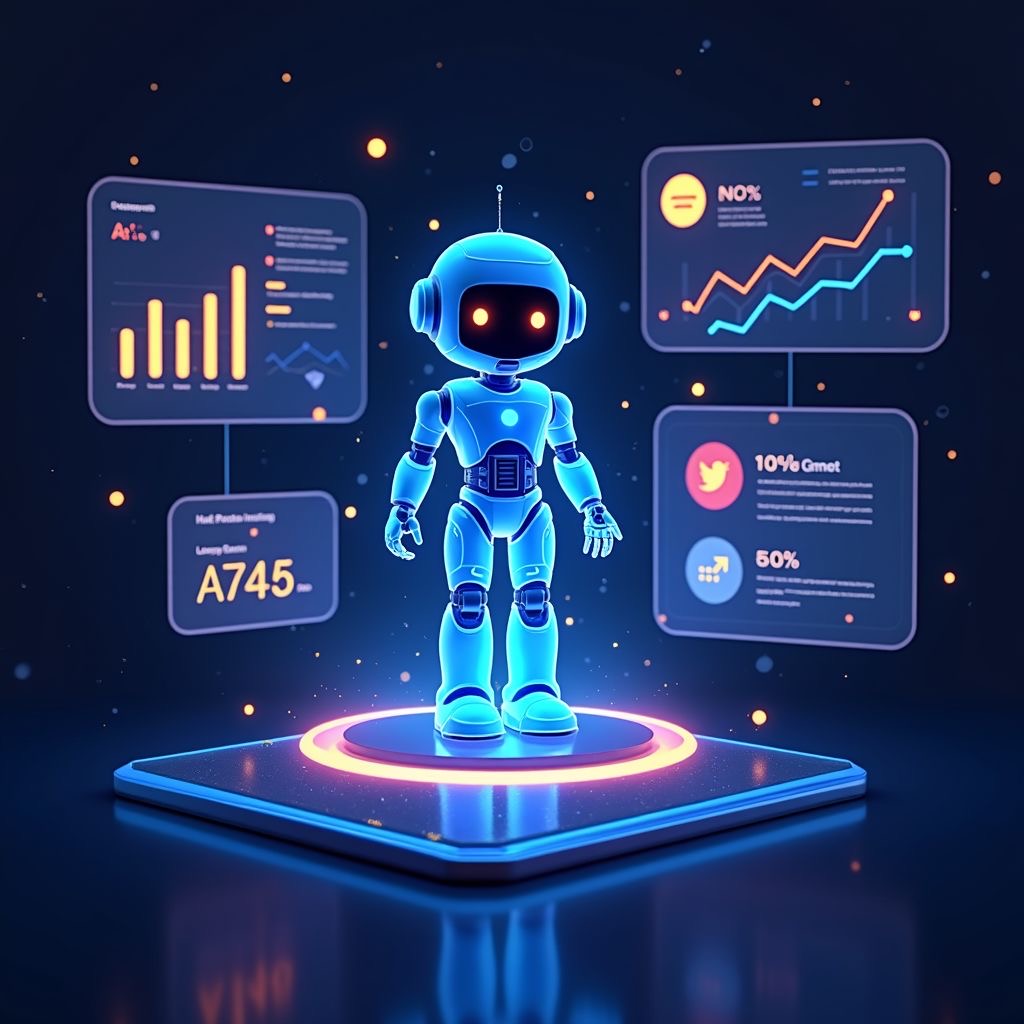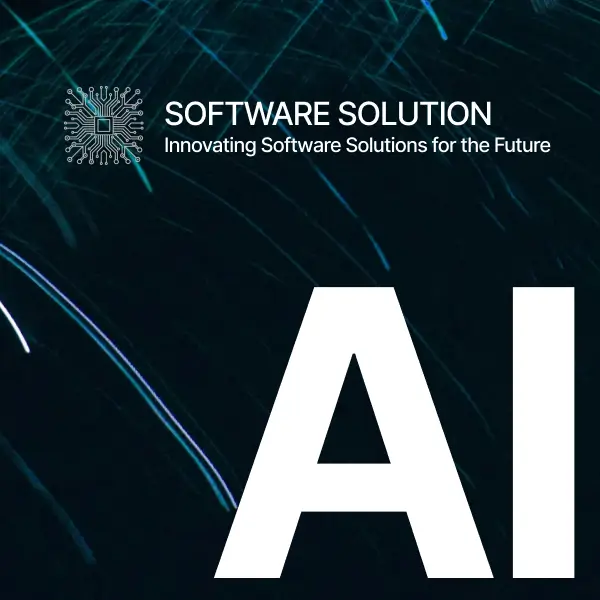Introduction
Life today is full of stress — work pressure, endless notifications, and even global crises. As a result, mental wellness is now a priority for many people. Fortunately, AI in mental health is offering new ways to manage stress, anxiety, and depression. From 24/7 therapy chatbots to personalized meditation routines, AI provides emotional support, tailored coping tools, and early detection of problems before they escalate. In this article, we explore how artificial intelligence is reshaping mental health care, its benefits, and its limitations.
AI Therapy Chatbots: Your 24/7 Counselors
One of the biggest innovations in AI in mental health is therapy chatbots. These AI-powered companions simulate conversations with an empathetic friend or therapist. For example, apps like Woebot, Wysa, and Youper use Cognitive Behavioral Therapy (CBT) and mindfulness techniques to help users process emotions.
Advantages include:
- Available anytime, anywhere.
- Low-cost or free access.
- Instant responses without waiting for appointments.
📌 Related article: The Best AI Chatbots for Daily Productivity
These chatbots are not meant to replace human therapists entirely. Instead, they act as a supplement — ideal for regular check-ins, mood tracking, and skill-building exercises.
Personalized Coping Tools and Interventions
AI-driven apps can analyze your mood logs, behavior patterns, and even wearable data to provide personalized mental health strategies. For example, if you feel anxious every Sunday evening, the app might suggest relaxation techniques before the week starts.
Some platforms combine journaling, meditation, and sleep tracking, adjusting recommendations based on your current emotional state. This personalization helps users take proactive steps toward emotional stability.
🔗 External resource: American Psychological Association on Technology in Mental Health
Breaking Barriers: Anonymity and Stigma
Many people avoid therapy due to stigma. AI tools offer anonymous, judgment-free spaces where users can open up without fear. This is particularly valuable for teens or individuals in cultures where therapy is less accepted.
Clinical studies have shown that AI chatbots can create a strong therapeutic alliance, leading to significant reductions in depression and anxiety symptoms.
AI in Mental Health Diagnosis and Therapy Enhancement
Beyond self-help apps, AI is also assisting professionals. Algorithms can detect early signs of mental health issues by analyzing speech patterns and tone. In therapy sessions, AI can provide post-session analysis to help therapists adapt their approach.
Additionally, AI-powered virtual reality environments can aid in treating phobias and PTSD by adjusting scenarios in real time.
Risks, Ethics, and Privacy Concerns
While AI in mental health is promising, it has limits:
- Not suitable for crisis situations.
- Data privacy must be taken seriously.
- Emotional nuances may still require human empathy.
To use these tools safely, choose clinically backed apps with clear privacy policies.
The Future of AI in Mental Health
Looking forward, AI companions could become more lifelike, integrate with smart homes, and predict emotional downturns before they happen. The collaboration between humans and AI may make therapy more efficient, accessible, and personalized.
Conclusion
AI in mental health is not a cure-all, but it is a powerful tool for improving mental wellness. By offering immediacy, personalization, and accessibility, AI is helping millions of people find relief from stress and anxiety. Used alongside human connection and professional care, it can be a valuable ally on the journey from stress to serenity.








Leave a Reply